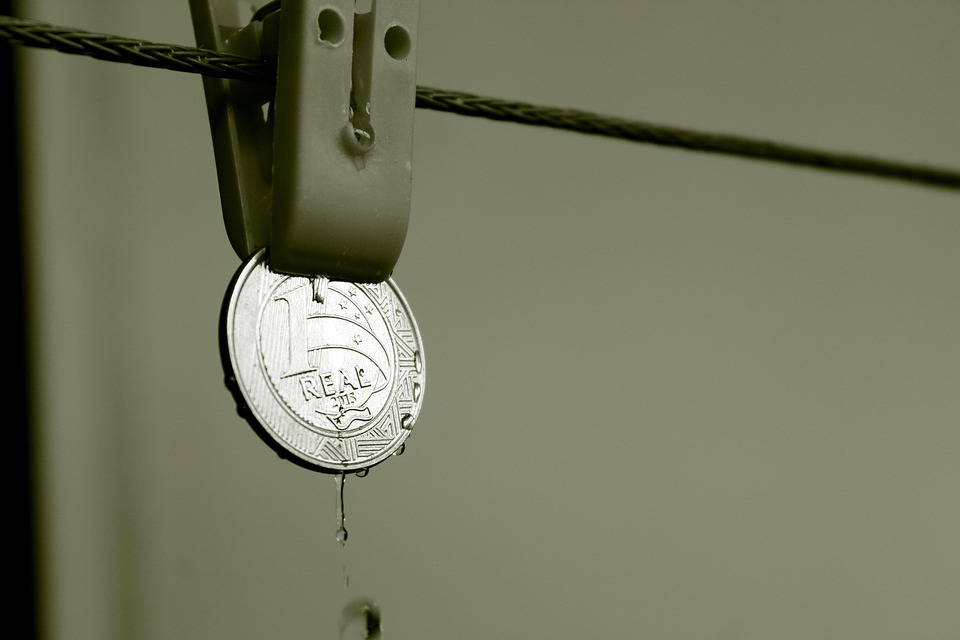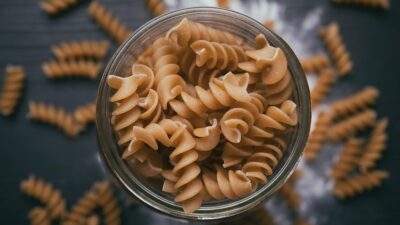In today’s fast-paced world, meal prepping has emerged as a winning strategy for those who want to eat healthy, save time, and, most importantly, stick to a budget. For the budget-conscious cook, smart meal prepping can transform the way you approach cooking and eating. Here’s how you can get started and enjoy nutritious meals without breaking the bank.
Understanding Meal Prepping
Meal prepping involves preparing meals or components of meals in advance, making it easier to eat healthily during the week. This can range from cooking large batches of food to cutting and portioning out ingredients for quick assembly later. The goal is to save both time and money while reducing food waste.
Benefits of Meal Prepping
-
Cost Savings: Buying ingredients in bulk and planning meals can significantly cut grocery costs.
-
Healthy Choices: Prepping meals helps you avoid the temptation of unhealthy takeout by having healthy options ready to go.
-
Time Efficiency: Spend a few hours one day a week cooking and assembling meals instead of figuring out what to make every evening.
- Minimized Food Waste: Planning meals can help ensure you use ingredients before they spoil, reducing waste and maximizing your grocery dollar.
Smart Strategies for Meal Prepping on a Budget
1. Plan Your Meals
Start by planning your meals for the week. Focus on recipes that share key ingredients. For example, a bulk purchase of chicken can be used in stir-fry, salads, and sandwiches.
Tip: Use a meal planning template or an app to keep your plans organized.
2. Stick to Seasonal and Sale Items
Buying seasonal produce and items on sale can dramatically reduce your grocery bill. Visit local farmers’ markets or watch grocery store sales.
Tip: Use coupons or grocery store apps to maximize savings.
3. Batch Cook Staples
Cook large quantities of staples like rice, quinoa, beans, and lentils, which can form the base of multiple meals. Then, store them in individual portions in the freezer.
Tip: Invest in quality freezer bags or containers to keep your staples fresh longer.
4. Embrace One-Pot Meals
One-pot meals are an excellent way to minimize cleanup while ensuring you have a well-rounded dish. Dishes like chili, casseroles, or stir-fries can be made in large batches and portioned into containers.
Tip: Experiment with international cuisines that often utilize affordable ingredients.
5. Use Your Freezer Wisely
Freezing meals is a game-changer for meal prep. You can prepare meals in advance and have them ready for busy nights.
Tip: Label your frozen meals with dates to ensure freshness.
6. Keep it Simple
Don’t feel pressured to create elaborate meals. Simple dishes can be delicious and satisfying. Consider meals such as sandwiches, wraps, or salads that require minimal cooking.
Tip: A few simple seasoning blends can change the flavor profile of your meals, keeping things exciting without extra costs.
Essential Meal Prep Tools
-
Containers: Invest in a good set of reusable containers for storing meals. Look for BPA-free options that are dishwasher and microwave-safe.
-
Food Scale: Knowing how much you’re using can help you calculate portion sizes and minimize waste.
-
Labels: Clear labels can help you keep track of what you’ve stored and when it needs to be eaten.
- Cutting Boards and Knives: Sharp knives and sturdy cutting boards will make prep work faster and easier.
Sample Budget Meal Prep Plan
Breakfast: Overnight Oats
- Ingredients: Rolled oats, milk or yogurt, fruits, nuts.
- Prep: Mix oats with milk/yogurt, top with fruits and nuts, and portion into jars for easy grab-and-go breakfasts.
Lunch: Quinoa Salad
- Ingredients: Quinoa, black beans, corn, bell peppers, lime dressing.
- Prep: Cook quinoa, mix with other ingredients, and portion into containers.
Dinner: Chicken Stir-Fry
- Ingredients: Chicken breast, mixed vegetables, soy sauce, and rice.
- Prep: Cook chicken and veggies together and serve over rice. Portion into containers.
Snack: Veggies and Hummus
- Ingredients: Carrot sticks, cucumber slices, and store-bought or homemade hummus.
- Prep: Slice veggies and portion out hummus for easy snacking.
Final Thoughts
Meal prepping doesn’t have to be complicated or expensive. By planning ahead, making smart purchasing decisions, and utilizing basic cooking techniques, you can enjoy nourishing meals while sticking to your budget. Not only will you save money, but you’ll also create a healthy eating routine that fits into your lifestyle. Embrace the art of meal prep, and watch your culinary and financial skills flourish!



